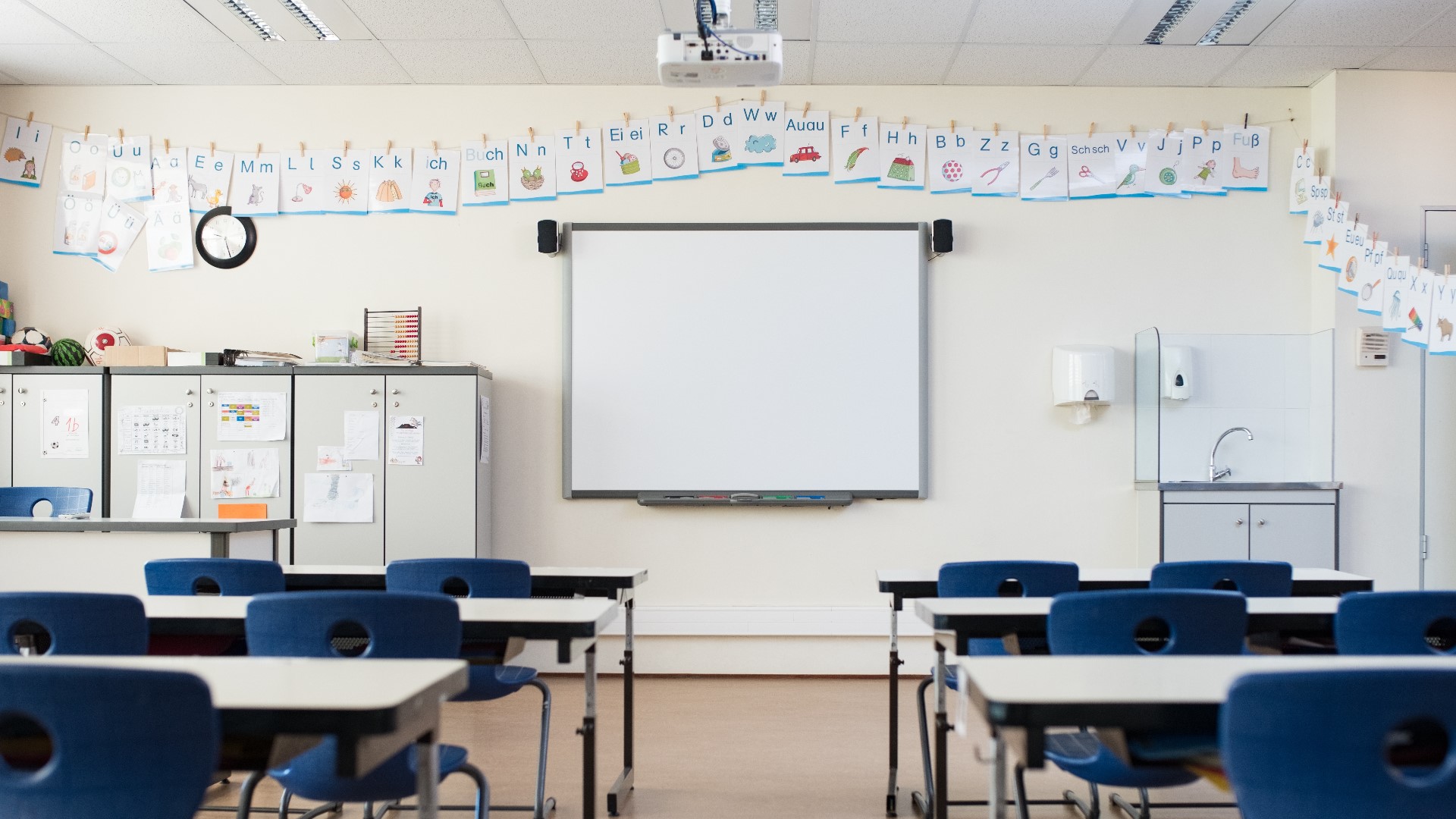EDITOR'S NOTE: This story first appeared in September 2017.
ATLANTA – Alex Blackwell told her boyfriend, “It’s going to be OK.”
The 16-year-old said to her father, “Dad, I’m OK.”
The last entry written in her diary said, “I’m just tired.”
***************
A pounding on the front door abruptly woke Richard Blackwell up Tuesday, Sept. 12 morning. Once he made his way to the door, there was a police officer on the other side asking him if he had a 16-year-old daughter.
The officer told the still-groggy father to check on his daughter.
Alex fell asleep the night before talking on the phone to her boyfriend. But her boyfriend knew there was something wrong.
When Richard went into her bedroom, Alex wasn’t breathing. She had no pulse.
Her mom instinctively started CPR on her, just minutes before the paramedics arrived and started to save her life. They whisked her out the door and to Emory Hospital’s emergency room.
For the longest two hours of Richard’s life, nurses and doctors did all they could to bring his daughter back to life. When one would run out of steam performing compressions on her chest, another would jump in and begin the life-saving efforts.
They pushed and pushed and pushed.
Alex’s heart would beat. And then stop.
Everyone was exhausted, but they tried one more time to bring her back.
But, she was gone.
#HopeOverSuicide | It's time to talk
Her family sat in the hospital, next to Alex’s bed in the emergency room, where she breathed her last breath.
They held her hand.
They kissed her cheeks.
They sat, crying, unable to leave her side.
Alex had been dealing with social anxiety and general depression since she suffered a concussion last fall playing soccer, Richard said.
“But we felt things were moving in the right direction,” he said in a blog post this week.
In fact, she had fallen in love with her best friend and it was the happiest her family had seen her in a long time.
“Suicide had been something that Alex said she considered in the past and we took that very seriously, but she was telling her therapist and us she was past that now and we were believing her,” her father wrote.
According to the Center for Disease Control’s most recent suicide report, in 2015, there were 1,537 suicides among males and 524 among females aged 15–19 years nationwide.
To date, 29 children, under the age of 18, have taken their own lives this year in Georgia, according to the Georgia Bureau of Investigation’s Child Fatality Review Unit (GCFR). A 61 percent increase since May, when the state had 18 suicides.
According to the GCFR, in 2016, there were 35 youth suicides, which was down from 2015’s 51, but up from 2014.
Psychiatrist Dr. Michael Rosen cringes at those numbers.
“Suicide is not a reasonable answer. It is by definition an illness,” he said. “Kids today are under so much stress then our kids were 10 years ago, 20 years ago.”
And one of the biggest concerns, he said, is that there is not enough help for them in Georgia, he said. Not enough hospitals. And he called mental health care in the state “horrendous.”


“There's absolutely not enough help. This is the crisis that we're in in Georgia. [We] lack access to good care,” he said. “But nobody is paying attention. Mental health is the poor, step-child… it's worse than Cinderella, in Georgia and in the country. We have a crisis.”
Richard, who is in the middle of that crisis, took to his computer and posted online his favorite photo of Alex when she was younger, alongside words, in which he poured out his emotion.
The grieving father wants all parents to know a few things that could save their own child from a self-inflicted fate like his daughter’s.
- If love could not save her what could? In my heart, I think Alex made one bad decision on one bad day. One impulsive decision that couldn't be taken back. Depression is curable. It just takes time.
- Sports concussions on children are worse than we believe. We need to stop Headers in Soccer and add more head protection in all sports.
- Girls can be very mean to each other. We can’t just talk about bullies; we parents must ensure that our kid shares warmth not hate to those they don’t like.
- The T.V. show, “13 Reasons Why” is great if you are not contemplating ending your life. For those in danger, it glorifies suicide and makes it seem not so hard to do.
- Don’t believe it when your daughter says, “I’m OK.” Check on her often if she is a risk. Share how important it is to just hang in there and get past the teens. Get her into therapy.
- Stop stressing your daughters about school and grades. Just stop.
- With depression, you are closer to the edge than you know. One bad day could be enough with an impulsive teen.
- Watch nutrition and get her exercise.
- Share this with parents, coaches and therapist you may know.
“The most difficult thing I have to treat are the parents of children who have committed suicide,” Rosen said. “If one parent out there sees this and engages in more conversation and realizes, ‘Gosh, my kid… something’s not right.’ [Richard] may have saved a life or two or five.”
Furthermore, Rosen said, after reading the father’s blog post, it’s not about how much her family loved her.
“It isn’t necessary an issue of whether they feel that their parents love them.”
High school life and adolescence is full of bumps along the way and teenagers don’t always see them coming until it’s too late, he said.
“They don’t know that their environment is going to change. That it’s not going to be a toxic bullying environment. They get off to college and they get off to a work environment.”
“Kids can be very mean to each other. Teens can be very mean to each other—girls in particular. Cyberbullying is horrendous,” he continued.
His advice to parents is much like Richard’s.
“If you see a pattern of change, if you see behavioral changes, if you see grades fall, if you see a child pulling back, being more isolative in socializing, these are concerning.”
Richard is asking anyone interested in donating in memory of Alex, to visit, http://www.soccerstreets.org/, an organization and community she was close to before she died.
If you think that someone could be suicidal, call the U.S. National Suicide Prevention Hotline at 1-800-273-TALK (8255).


